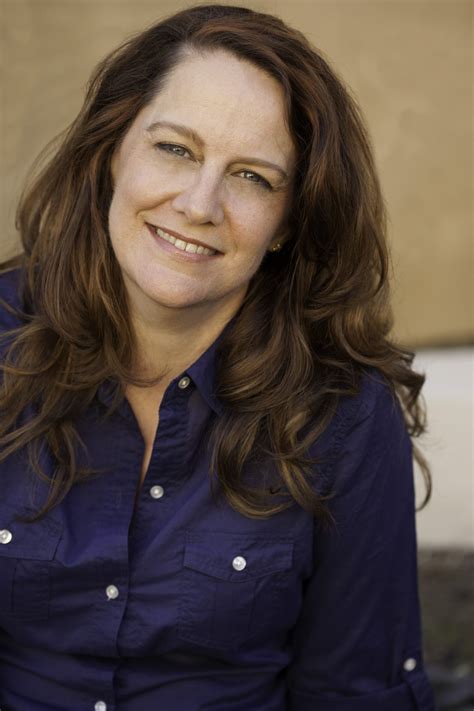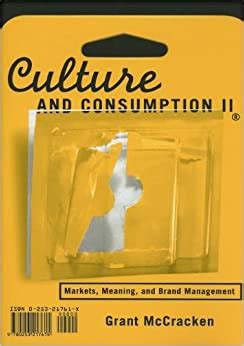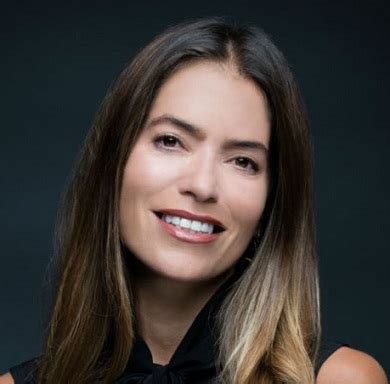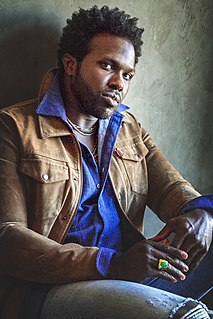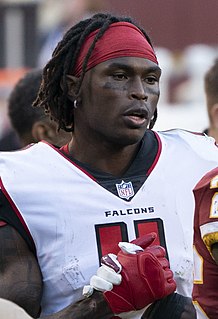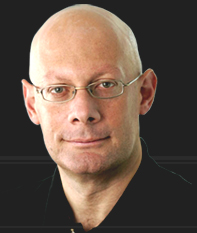A Quote by Kelly Carlin-McCall
There's a real careful line you have to walk there because your first job [therapist] is to create safety for the client to feel safe enough to turn their vision in towards themselves and their experience in the moment and to reveal things that usually carry a lot of shame or that kind of stuff around.
Related Quotes
You need to begin where people are. You can't punt ideas or innovations in from the 40 yard line. And yes, the work should feel so collaborative that it should feel like the end result belongs to everyone. Your best moment as a consultant is when your client plays your idea back to you as their idea. Your job: to nod sagely and say, "that's an excellent idea.".
The kind of caring that the client-centered therapist desires to achieve is a gullible caring, in which clients are accepted as they say they are, not with a lurking suspicion in the therapist's mind that they may, in fact, be otherwise. This attitude is not stupidity on the therapist's part; it is the kind of attitude that is most likely to lead to trust.
When you have a food safety system that's voluntary and not mandatory, you're in a situation in which everybody wants everybody else to go first. So as a normal course of doing business, food companies cut corners and don't want to take the kind of trouble and the kind of testing and the kind of careful procedures that are required to produce the safe food because they don't have to.
There is some other form that you contain within yourself that is not will or purpose and, when applied to art, serves you best. If you systematically apply to the art that you create the aggression of the world that turned you towards art in the first place; if you, in turn, become the aggressor towards your canvas, the thing that you're doing; if you, in turn, work your will upon this thing that you want - you will then cause a dissatisfaction in this life that you create.
I know what it feels like to be bruised; I know what it feels like to carry things around with you that never totally heal. There's closure and then there's stuff that's kind of like, Well, I guess it's going to be in the minivan forever. And you carry it with you and you continue on your journey with your minivan full of stuff, which I think most of us do.
There are a lot of things I love about acting and one of the things I love the most is, here you are taking words off a page, working with someone you might have met just a week before, and somehow you're creating a moment that separates itself from space and time. You feel an incredible rush when you have that moment with another actor. You can feel it bounce off one another. Every take you do can reveal different things that were hiding. And things outside the story get revealed to you, too. It's an incredible way to work and to experience a story.
Unfortunately, when you're working in film, it's this huge machine, and you've got to get everyone right there, so you get kind of locked into things. I'm not sure where the artistry in film making is. It's usually that moment when you're on set and you're working with the actors. That's the time to play around, the moment of theater. And then you can shape things. But a lot of it is just managing stuff. It's upsetting because you get away from the core.
